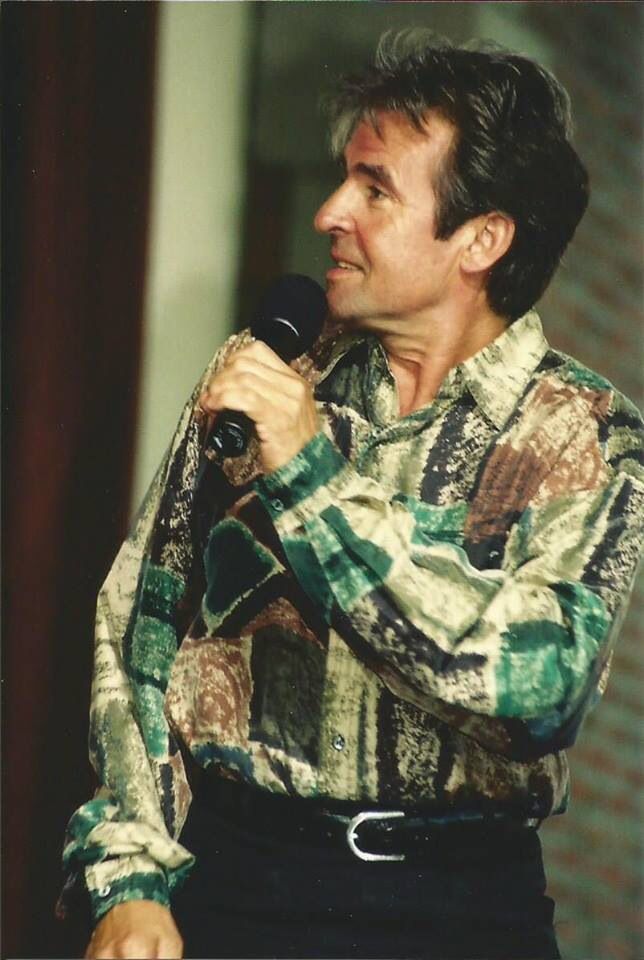
Valleri – a spirited call of youthful infatuation, wrapped in jangling guitars and a name whispered like a secret.
When you hear “Valleri” the song first emerges not just as a catchy pop‑tune but as a time‑capsule of late‑1960s innocence, performed by Davy Jones (as lead vocalist) with his band The Monkees. It reached No. 3 on the U.S. Billboard Hot 100, and No. 1 on the U.S. Cash Box singles chart in early 1968; it also climbed to No. 12 in the UK and No. 1 in Canada.
The Story Behind the Song
There’s a lovely tale behind “Valleri” that gives it its timeless shimmer. The writing duo Tommy Boyce and Bobby Hart were asked by music‑supervisor Don Kirshner for “a girl’s‑name song” for the Monkees. In a tight timeframe, Hart remembered an old crush from his adolescence—“her name is Valleri”—and Boyce fast‑wired a riff and chorus around it
Originally the song was recorded in August 1966 using session musicians, but due to contract issues it could not be issued in that form. The Monkees were under an agreement that future recordings must show “Produced by The Monkees” on the label, and the original version credited Boyce & Hart. So the team went back into the studio (December 26–28, 1967), re‑recorded “Valleri” with additional brass overdubs, then released it in February 1968.
What warms the heart is that a version of the song had already aired on TV as part of the Monkees’ show, and DJs recorded it off‑air and began airing it, prompting public demand—“Where’s the record of that tune we just heard?” And so the song got its chance.
Significance and Meaning
At first listen “Valleri” seems like a light‑hearted pop‑song: “There’s a girl I know who makes me feel so good / And I wouldn’t live without her, even if I could…” It’s direct, uncomplicated, and yet evokes the ache and excitement of teenage crushes. But beneath that lies a snapshot of the era: television‑pop stars, catchy hooks, session musicians, and the bridge between manufactured image and genuine musical longing.
For Davy Jones as lead vocalist, the song stands as one of his most identifiable moments apart from the bigger‑hit “Daydream Believer”. His warm, slightly breathy tone carries a wistful nostalgia, as though he’s not just singing to “Valleri” but remembering her. The guitar solo—performed by session guitar‐ace Louie Shelton—introduces a flamenco‑style flourish (hammer‑ons and pull‑offs) that elevates the track beyond simple teen‑pop into something memorably sprightly.
In the broader context of the Monkees’ career, “Valleri” marks the tail end of their major commercial success. It was their final Top 10 US hit, a moment of transition as the band attempted more autonomy and the television show’s influence began to wane.
Why It Resonates for the Older Listener
For those who grew up in the 1960s or experienced its echoes afterward, “Valleri” is entwined with memory: Saturday‑night TV episodes of The Monkees, the chirping of transistor radios, school‑yard crushes, the gleam of vinyl. It’s a song that doesn’t demand heavy introspection; rather, it invites you to drift back, remember the sparkle of youth, the certainty and uncertainty of love, the moment when a simple name—“Valleri”—felt like everything.
In revisiting this track under the banner Valleri (Incredible! Version) (a rerecorded 1986 version by Davy Jones)one senses that same yearning: the older performer singing a younger song, the voice layered with decades of memory. The nostalgic listener may hear not just the pop‑hook, but the ageing of time itself—a beloved name, once shouted in the tender glare of adolescence, now spoken softly in reflection.
In Summary
“Valleri” is more than a hit single. It’s a portal to a certain era, to the moment when pop, television, youthful longing and studio craft collided. It’s a tribute to the girl whose name became a chorus, to the singer whose voice carried hope, and to the listener who remembers, decades later, the way the record spun and the world seemed wide open. For someone seeking the light heart of 1968 and the quiet pulse of what comes after, “Valleri” remains a gentle, shimmering beacon of memory and melody.